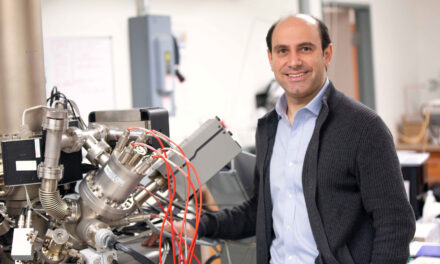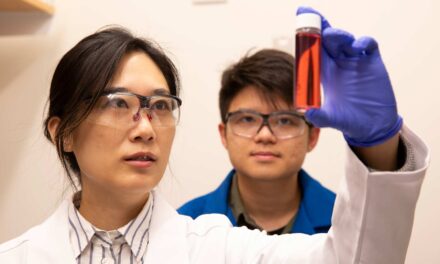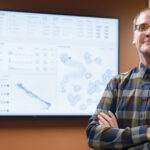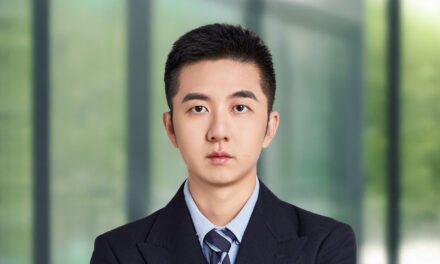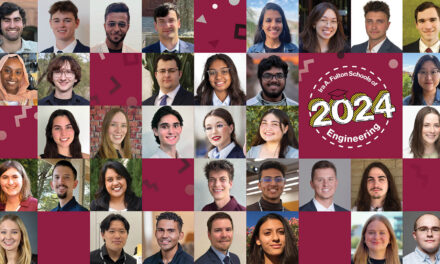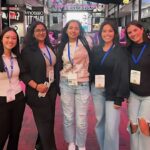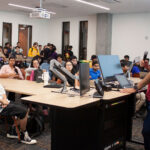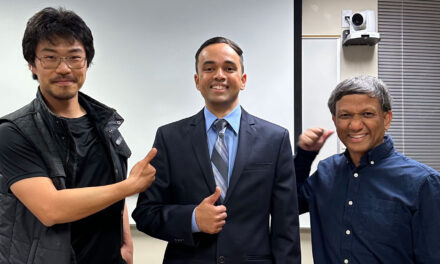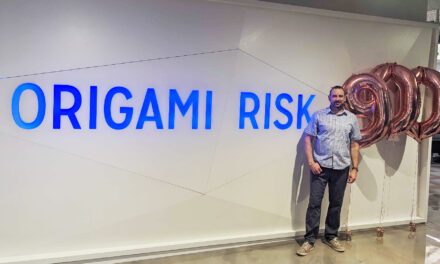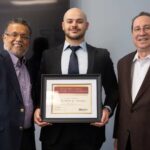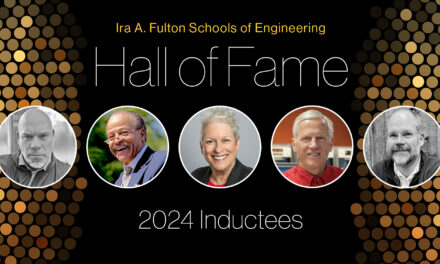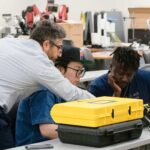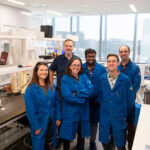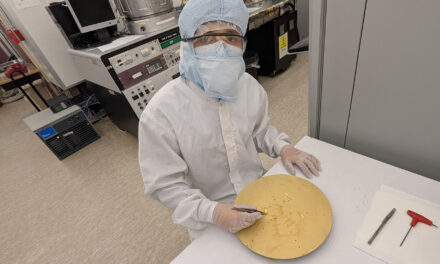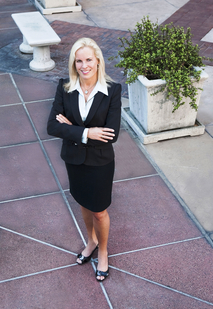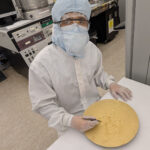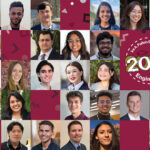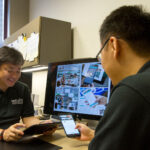
Meldrum taking on new challenges
Posted: December 14, 2010
Accomplishments as dean of engineering schools leads to role guiding major ASU research initiative
Deirdre Meldrum goes into 2011 in a new role as the leader of one of the most ambitious research endeavors ever undertaken at Arizona State University.
As ASU Senior Scientist she’s directing the University’s Biosignatures Initiative. Its goal is to establish a national center to pursue the engineering and scientific advances needed for progress in personalized pre-symptomatic medical diagnosis and prevention of disease.
“She will guide work with the potential to have an immense impact on improving human health and the environmental health of the planet,” says ASU President Michael Crow.
Transformative changes
Meldrum has already made a significant impact on ASU during her four years as dean of the Ira A. Fulton Schools of Engineering.
She orchestrated a transformation aimed at breaking barriers long cemented in place by conventional ways of organizing engineering schools.
Ten departments have been reconfigured into five engineering schools that integrate traditionally separate engineering disciplines, with the goal of fostering more collaborative research focused on solving the world’s most pressing needs for technological progress – and ensuring students are better prepared to meet the demands of the 21st century engineering marketplace.
She’s led implementation within the engineering schools of the “New American University” directive set by ASU President Michael Crow and the “Grand Challenges” goals formulated by the National Academy of Engineering (NAE). Both plans challenge engineers to take leading roles in maintaining and improving the quality of life on a global scale.
“Dean Meldrum has steadfastly navigated the university’s engineering schools through a transformation in structure that provides a framework for research endeavors to meet the nation’s most critical engineering needs for decades to come, and ensures our students will benefit from the most creative innovations in engineering education,” Crow says.
Extraordinary vision
“She has led by example on a grand scale by supporting our goals to re-orient engineering education and by reorganizing engineering research and education at ASU around the Grand Challenges,” says Charles M. Vest, NAE president.
“Dean Meldrum’s leadership in organizing the ASU schools of engineering around the themes of the National Academy of Engineering’s Grand Challenges demonstrates extraordinary vision. It’s an inspiration to every engineering school in the nation,” says Richard K. Miller, president of the Franklin W. Olin College of Engineering in Massachusetts.
Miller credits Meldrum for being “among the first to recognize the great potential of the Grand Challenges to galvanize the talents and abilities of the best and brightest minds across disciplines to contribute to building a better future for the planet. She has also led efforts to use these ideas to reach out to today’s youth and attract more of them to study science, technology, engineering and math, a goal of great national importance.”
Under Meldrum’s leadership, ASU organized and presented an NAE Grand Challenges Summit in 2010. It was one of five regional summits for which the NAE selected some of the most prominent engineering schools in the country as hosts and organizers.
High-profile research
Meldrum not only handled the leadership duties of a large school – about 6,000 students and more than 200 faculty members – but has maintained and expanded the multifaceted research she brought to ASU when she departed the University of Washington.
In ASU’s Biodesign Institute, Meldrum directs the Center for Biosignatures Discovery Automation (formerly the Center for Ecogenomics). Its research capabilities led to a second five-year $18 million federal grant – one of the highest individual grant amounts in ASU’s history – to continue her lab’s work with her National Institutes of Health Center for Excellence in Genomic Sciences. The center’s work focuses on better understanding of the causes of many widespread diseases and ailments – in particular, cancer and inflammation – and the search for cures.
Forefront of discovery
“She directs one of the most impactful and progressive research c enters in the Biodesign Institute,” says Alan Nelson, executive director of the Institute. “She has aggressively innovated breakthrough technologies to address the most pressing health care needs in the U.S., to advance personalized medicine toward discovering an individual’s biosignature, predicting disease vulnerability so that treatments can be preventive. Her vision of the future of health care is a dramatic paradigm shift.”
Her center also continues its work with the National Science Foundation’s Ocean Observatory Initiative. Meldrum and her research partners are developing sensors and other sophisticated devices to measure biological, chemical and physical aspects of the sea-floor environs at the microbial level.
In addition, Meldrum’s lab is doing work to fight cancer as part of ASU’s Center for the Convergence of Physical Science and Cancer Biology, one of 12 such centers in the country supported by the National Cancer Institute.
Engaged with students
One of the more lasting aspects of Meldrum’s legacy as engineering dean is certain to be E2 Camp, the orientation program for incoming ASU freshmen engineering students that she helped develop. For about three days at a wooded camp in northern Arizona, groups of 200 freshmen interact with other engineering students, faculty, staff and school leaders.
“E2 Camp is now a signature component of our undergraduate experience, and something that really sets us apart from other engineering schools,” says Paul Johnson, executive dean of the engineering schools. “What is especially unique is that it is run mostly by our upper-class students for the incoming students. Dean Meldrum has welcomed each incoming class and been directly engaged and visible at E2 Camp each year.”
Meldrum’s ties to the engineering schools won’t be severed. She will continue to be a professor of electrical engineering in the School of Electrical, Computing and Energy Engineering, and to work with engineering faculty and students in her research center.
“I would be surprised to find anyone else who is a dean, directs a research center, mentors students and continues to produce research papers,” says engineering professor of practice Al Filardo, Meldrum’s chief of staff during her time as dean.
On top of all that, she’s put the restructuring in motion “that gives us a visionary new model for a 21st century engineering school,” he adds. “Altogether, I’d say this qualifies as phenomenal achievement.”
Click here to read more details.


